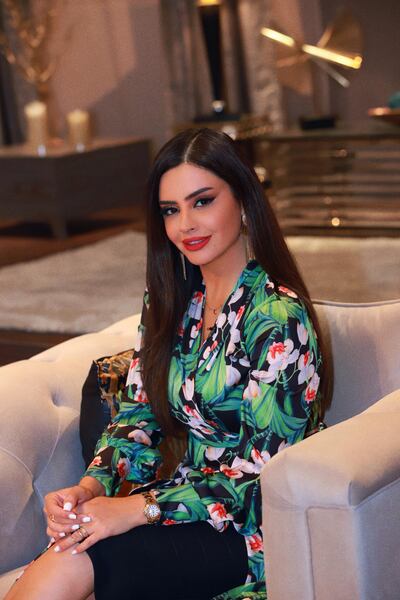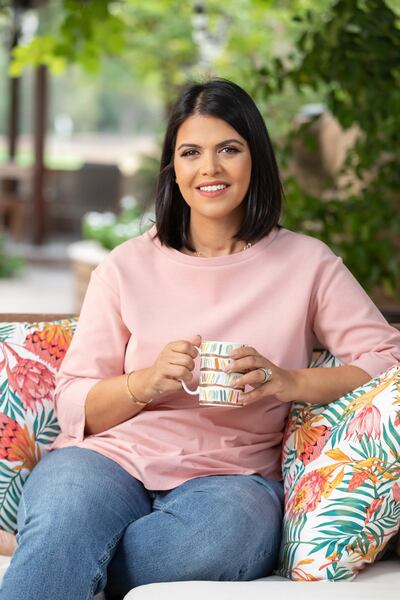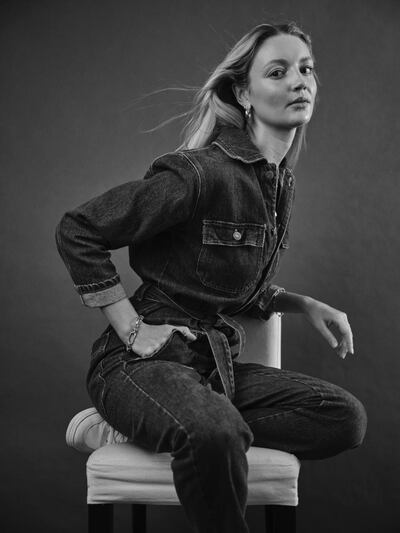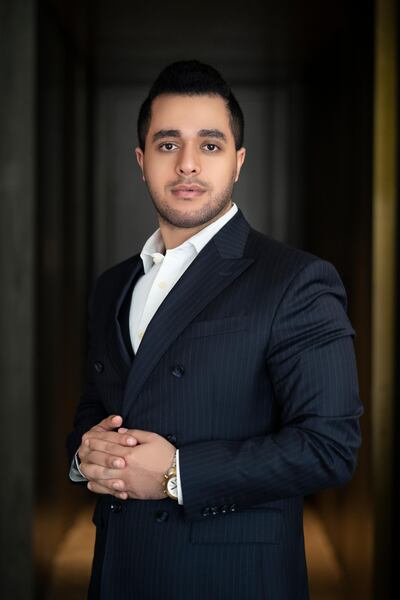Across the UAE and the world, budgets have been slashed, incomes have shrunk and general spending has plummeted.
This is true for industries across the board. But what about for influencers?
It is an industry commonly vilified for its fixation on superficiality or commodities, so how have the people working in it been faring?
For some, it's been tough. For others, the pandemic has only amplified their audience and accounts.
"My collaborations significantly dropped, and the engagement reduced too," food and lifestyle blogger Naomi D'Souza says.
D'Souza says the pandemic may lead her, as well as other bloggers, to do work pro-bono. She has put down her rates for a start, but won't disclose what they are. She also worries it could mean influencers will be expected to do more work for less money.
_________________
Read more from our 'The State of Influence' series:
The world has changed. So, surely, influencers will have to evolve, too?
Fake followers and buying engagement: influencer trickery may be coming to an end
'Don’t underestimate the influencer': will the pandemic change the industry forever?
_________________
But others remain optimistic.
Iraqi fashion blogger Shahd Al Jumaily, who has an Instagram following of more than 380,000, says the increased focus on online shopping platforms means the "demand is still there" for influencers.
"Just like any other industry that was forced to slow down during this period, when the brands and businesses begin to recover so will the influencer marketing, as they go hand in hand," she says.
But this is when influencers should be working on growing their brands organically, Al Jumaily explains, without paid collaborations.
Cooking and fitness content is thriving
With many staying at home, captive audiences have more scrolling time, and there has been a spike in interest in cooking and working out from home.
Zahra Abdalla, an Iranian-Sudanese chef and cookbook author, who has 190,000 Instagram followers, says she has been "busier than ever" during the pandemic, with people seeking out recipes and home-cooking tips.
"I have also gone out of my way to focus on supporting small businesses that need to thrive during this crazy era," she says.
"It is amazing how, especially during the Covid era, I have engaged with so many people from around the world who are learning about food, and who are also teaching me at the same time about their food, culture, social issues and traditions."
How influencers think their industry will change
Abdalla says there are "just so many" influencers competing for a few brands and competition can be tough, but she believes those who become "thought leaders within a field or sector" will survive the pandemic.
That can then mean evolving into a realm beyond influencing. As well as having a food blog, Abdalla also has a hosting slot on a cooking show, a travel and food documentary, a cookbook and a delivery-only restaurant.
"Word of mouth is an old but relevant means of identifying the genuine from fake. Everyone has a reputation, whether good or bad, that precedes them and that in itself is enough to define them."
Each of the other influencers we spoke to agree that sticking to their niche will help them survive economic uncertainty.
D'Souza believes as more brands make the pivot to digital and social media, influencers will stay an important sales tool, but will have to work hard.
"Brands, us included, will also be determined to work twice, or thrice as hard, to create unique products to convince consumers to buy the product, as the only thing in demand currently are essential goods."
So what about the old adage that influencers are only out for freebies? D'Souza says this is a "generalisation".
"When influencers started getting trash-talked, I did slightly struggle, as no one would approach influencers in general as they feel we’re useless," she says. "Everyone loves freebies too to be honest. I feel it’s just how you use it, and promote it," she says.
"Everyone wants to be an influencer nowadays, because it seems like a great career."
'It's extremely damaging': the dark side of influencing
But some influencers says there are unsavoury parts of influencing that any hopefuls should be wary of.
Gemma Deeks, 28, is a fashion journalist in Dubai, as well as having 10,800 followers on Instagram. She believes cyberbullying has become a huge issue for the influencer industry, both here and further afield.
About a year ago, Deeks began receiving "trolling messages" from fake accounts on Instagram.
"The first ones were related to food, things like 'don’t pretend you are going to eat that' and 'you will make yourself sick to stay anorexic'," she says.
"I never took these personally as I know, and the people around me know, I have a very healthy relationship with food."
Things have ramped up in the last few months, however.
"I had someone pretend they were one of my friends that didn’t want to be identified so created an alias, sending very manipulative messages. That, I found more alarming."
"I have always been quite thick-skinned," Deeks says. "But some of the attacks seemed personal. And I started to think it was someone who knew me and was in the industry. Which upset me more."
This lead her to discover at least one of the trolling accounts was started by a fellow influencer in the UAE with more than 100,000 followers. When confronted, the influencer admitted it and apologised. Deeks was looking back through her blocked accounts recently to try and make sense of the messages and found one of the accounts in use once again.
Deeks believes cyber bullying is an unspoken issue due to the nature of the industry, as it is "easy for people to target us".
"We share a lot of our lives on social [media]. I am the first to admit I am an over-sharer. But I mostly get positive responses from followers, saying they enjoy how candid and honest I am," she says.
"It does seem like people target those that have more of a following. But we are sharing to inspire, and if people don’t like it they should unfollow – not troll.
"Bullies and trolls need to know this is not OK. You could be targeting someone who is already in a bad place or going through a hard time, and it can really push people over the edge [...] nasty comments can be extremely damaging."
'When people see influencers going out they will feel safe'
After the coronavirus pandemic slowdown, Kareem Elmashad, 27, founder and chief executive of the I Am Dubai app, believes influencers engaging with restaurants and other businesses again could help boost economies.
He launched the app in 2019 to "organise" interactions between influencers and restaurants, and to streamline the food review process. Elmashad says it now has 4,700 users.
Restaurants and brands pay a monthly fee, depending on how many days a week they work together and how many influencers they send.
The posts generated are designed not to look like ads, which is murky territory.
"We try to keep the stories and posts looking organic, without mentioning they are here [to] review the venue. It looks totally like guests [are] coming to the venue [organically]," he says.
"We review each story they post and if we feel it looks like advertising, we ask them to remove immediately."
When asked if failing to disclose freebies was misleading, Elmashad said it was not.
Naturally, Elmashad is a lifestyle influencer himself, with 107,000 Instagram followers. He says he grew the following in his previous job in events, where he hosted celebrities and took them on tours around the city.
"G-Eazy, Jason Derulo, Tyga, Paris Hilton, 6ix9ine, Totti, and many more were mentioning me in their stories or posts so my Instagram was hyped and growing since 2015," he says.
He now charges between $400 (Dh1,469) to $1,000 per Instagram post.
"After Covid-19 people [are] worried to hang out, but when they see influencers and models going out and sharing they will feel more safe to go out," he says.
Elmashad plans to launch the app in Saudi Arabia "once life gets back to normal there" and hopes to launch in Europe in 2021.
He believes influencers will thrive in the post-pandemic world, and may even "get more benefits".








